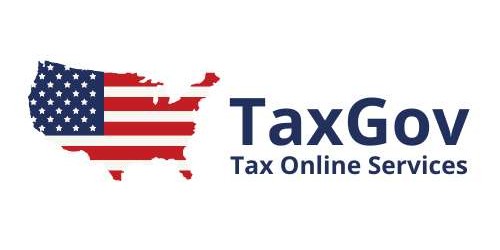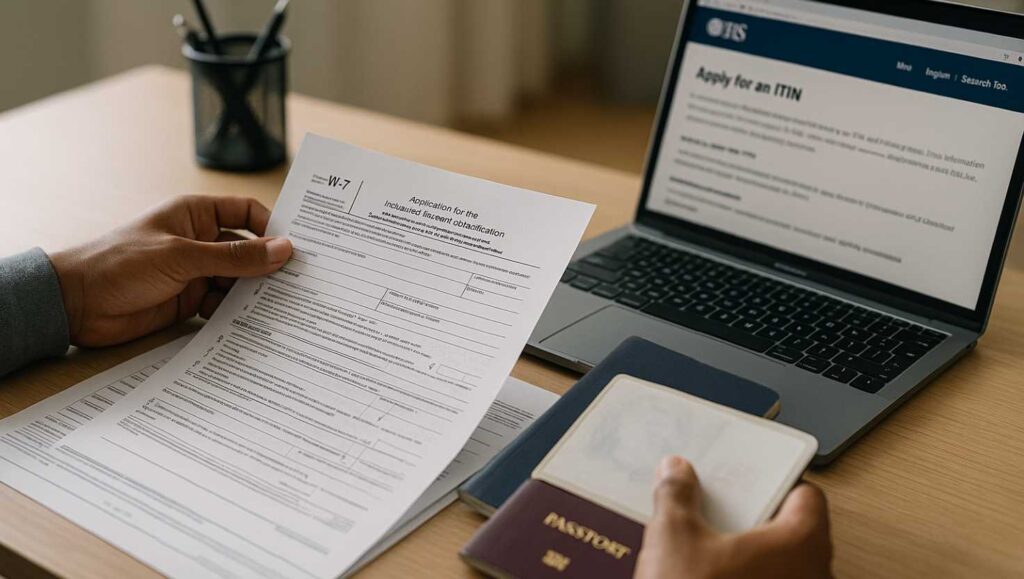What is an ITIN for Non-Resident Aliens?
What is an ITIN for Non-Resident Aliens? An Individual Taxpayer Identification Number (ITIN) is a tax processing number issued by the Internal Revenue Service (IRS) to individuals who are required for federal income tax purposes but are not eligible to obtain a Social Security Number (SSN). For non-resident aliens, it becomes essential particularly if they need to comply with U.S. tax laws. Obtaining an ITIN allows them to file tax returns and meet their U.S. federal income tax responsibilities. The number itself does not authorize work in the United States or provide a person with social security benefits or change their immigration status. It is purely for tax processing and reporting purposes. Understanding the significance and process of acquiring an ITIN is crucial for non-resident aliens engaging in any financial activities in the U.S., ensuring that they are compliant with taxation obligations.
Eligibility Criteria for Obtaining an ITIN
Eligibility Criteria for Obtaining an ITIN are fairly specific and must be met by non-resident aliens who require an ITIN for their U.S. tax obligations. Generally, individuals who do not possess a Social Security Number and are not eligible to obtain one must apply for an ITIN. This category often includes non-resident aliens required to file a U.S. tax return to claim tax treaty benefits, dependents or spouse of a U.S. citizen or resident alien, and those filing a joint U.S. tax return. A taxpayer identification number is needed for anyone within these parameters who intends to fulfill their tax obligations. The IRS strictly requires all applications to be accompanied by a completed tax return unless the applicant meets certain exceptions such as claiming treaty benefits. Understanding these criteria ensures that non-resident aliens can properly navigate the process of obtaining their ITIN smoothly and without unnecessary delay.
Need help getting your ITIN?
We can help you apply for your ITIN quickly and easily. Let our team handle the process for you.
Steps to Apply for an ITIN as a Non-Resident Alien
Steps to Apply for an ITIN as a Non-Resident Alien start with completing Form W-7, the IRS application for an Individual Taxpayer Identification Number. Non-resident aliens must submit this form to the IRS with a completed U.S. federal income tax return unless they qualify for an exception. Supporting documentation to prove identity and foreign status, such as a passport or other identification documents, is also required. These documents need to be original or certified copies by the issuing agency. Applications can be submitted either by mail, through an IRS acceptance agent, or at an IRS Taxpayer Assistance Center. It is important to ensure all details are correctly filled in to avoid processing delays. Furthermore, once the application and documents are submitted, keep in mind that reviewing and processing can take several weeks, so planning ahead is vital.
When to Renew an ITIN
When to Renew an ITIN is essential knowledge for non-resident aliens using these numbers for tax purposes. ITINs expire if not used on a federal tax return for three years in a row. Additionally, ITINs issued before 2013 have expiration dates based on their issuance year. Therefore, holders should be aware of these timelines and plan to renew well before filing their taxes, if the ITIN has expired. Renewal involves completing form W-7 once again and submitting it to the IRS along with documentary evidence of identity and continued eligibility. The IRS usually processes renewals more quickly than initial applications, but planning ahead is necessary to avoid last-minute complications that could affect the ability to file taxes on time.
Benefits of Having an ITIN for Non-Resident Aliens
Benefits of Having an ITIN for Non-Resident Aliens extend beyond merely fulfilling tax obligations. While the primary purpose of the ITIN is to enable individuals to file a U.S. tax return, it also opens doors to better manage financial affairs connected to U.S. sourced income. Non-resident aliens with ITINs can claim tax treaty benefits, which can help reduce the amount of tax withheld on particular types of income received from U.S. sources. Moreover, having an ITIN allows access to financial institutions, potentially enabling the opening of bank accounts in the U.S. Given these benefits, an ITIN can act as a facilitator in establishing a legitimate financial foothold in the U.S., ensuring compliance with the tax code, and taking advantage of tax treaty benefits that might otherwise be inaccessible.
ITIN vs. SSN: Understanding the Difference
ITIN vs. SSN: Understanding the Difference is critical for those navigating U.S. taxation as non-resident aliens. The Social Security Number (SSN) is primarily for tracking earnings and benefits under the social security program, whereas the ITIN is only used for federal tax reporting purposes. Non-resident aliens typically do not qualify for an SSN unless they have work authorization in the U.S. While both numbers facilitate tax filing and administration, an ITIN does not provide any entitlement to social benefits nor work rights. Grasping the distinction can help prevent potential misuse and ensure that non-resident aliens select and apply for the correct identifier based on their status and financial activities in the U.S.
Challenges and Common Mistakes in ITIN Applications
Challenges and Common Mistakes in ITIN Applications often arise due to inadequate understanding of the process and requirements. One major issue applicants face is incorrect or incomplete documentation, which can result in rejection or delays. Providing documents not certified by the issuing agency, or failure to include the necessary tax return with the application, are frequent stumbling blocks. Additionally, misunderstanding eligibility criteria or exemptions can lead to unnecessary complications. Another common challenge is incorrectly filling out the Form W-7, whether due to language barriers or a lack of familiarity with tax terminology. To avoid these issues, it’s crucial for applicants to carefully read the instructions, gather all required documents, and possibly seek assistance from certified acceptance agents or tax professionals to ensure the application is correctly completed and submitted.
Need help getting your ITIN?
We can help you apply for your ITIN quickly and easily. Let our team handle the process for you.
Common Questions About ITINs for Non-Resident Aliens
Common Questions About ITINs for Non-Resident Aliens often revolve around the application process, usage, and renewal. One frequently asked question is whether obtaining an ITIN changes a person’s immigration status or confers work authorization, which it does not. Another typical query involves the necessity of filing a U.S. tax return, even if income is below the taxation threshold. Knowing the answers to these questions can prevent future issues with the IRS and ensure proper tax compliance. Seeking clarification from official IRS resources or consulting with tax professionals can provide valuable guidance for applicants, giving them confidence in their understanding of ITIN purposes and application strategies.


